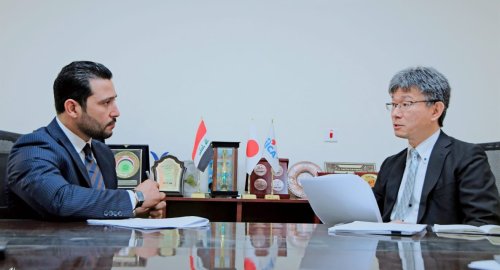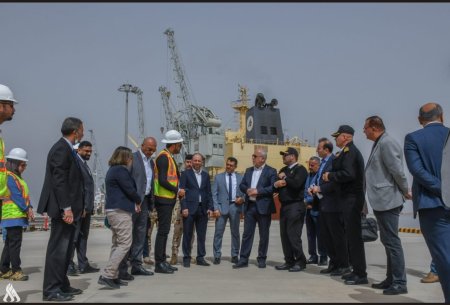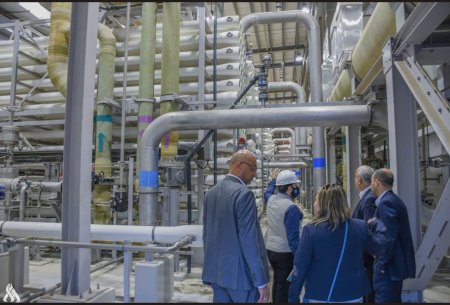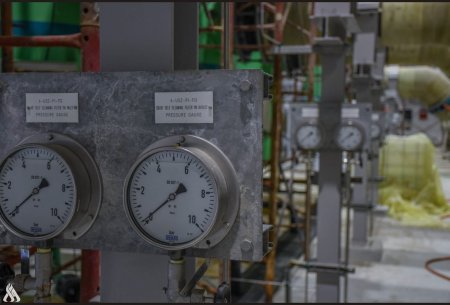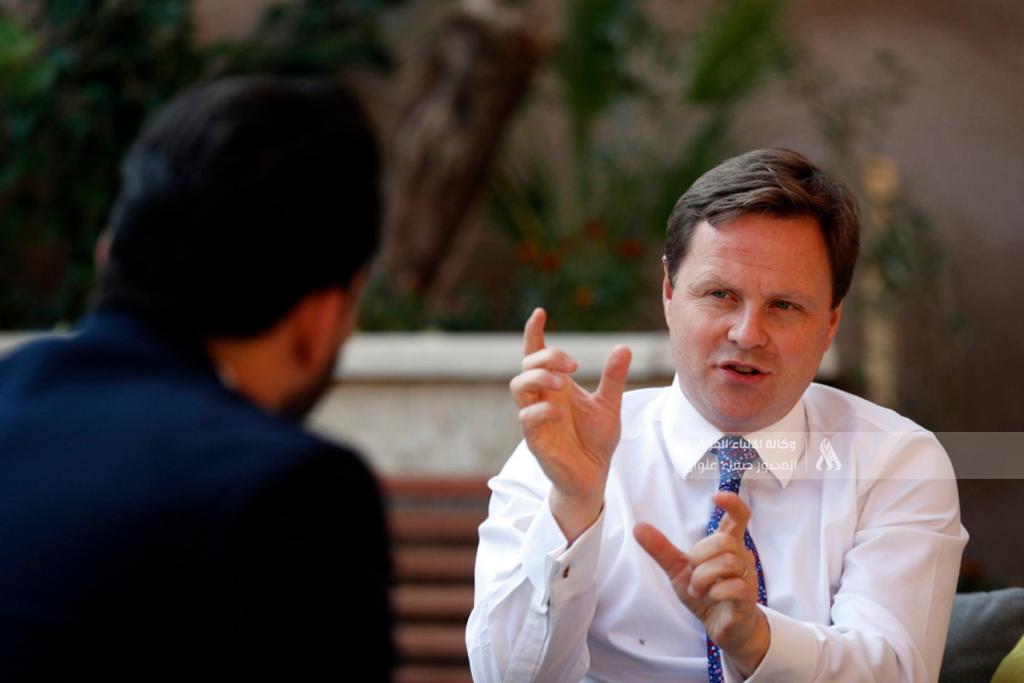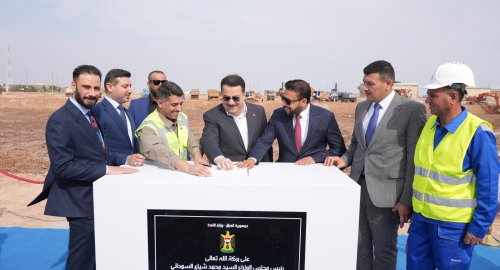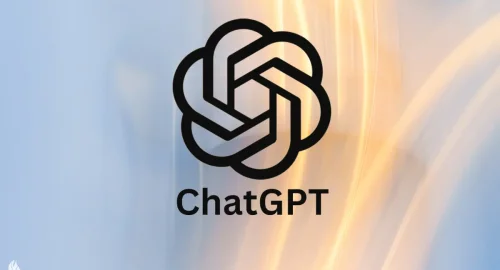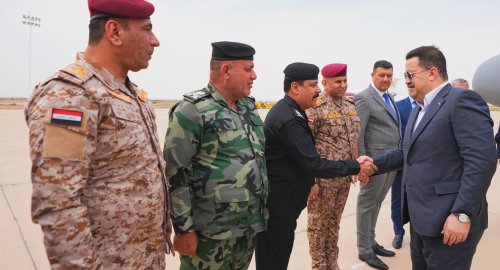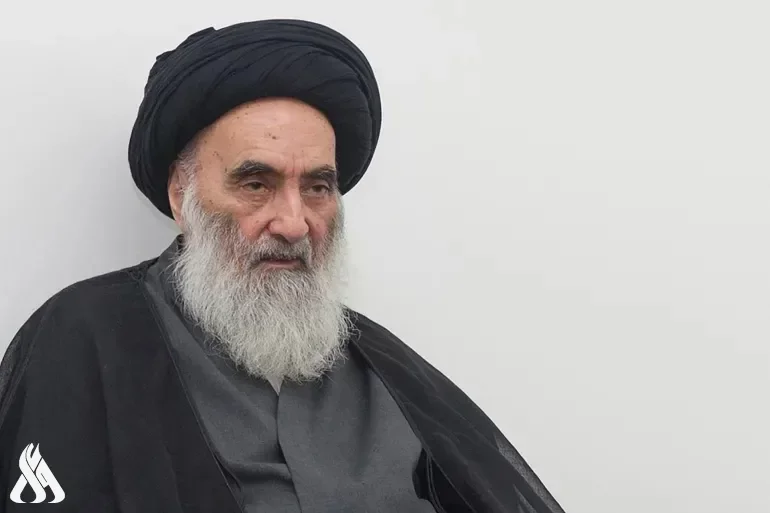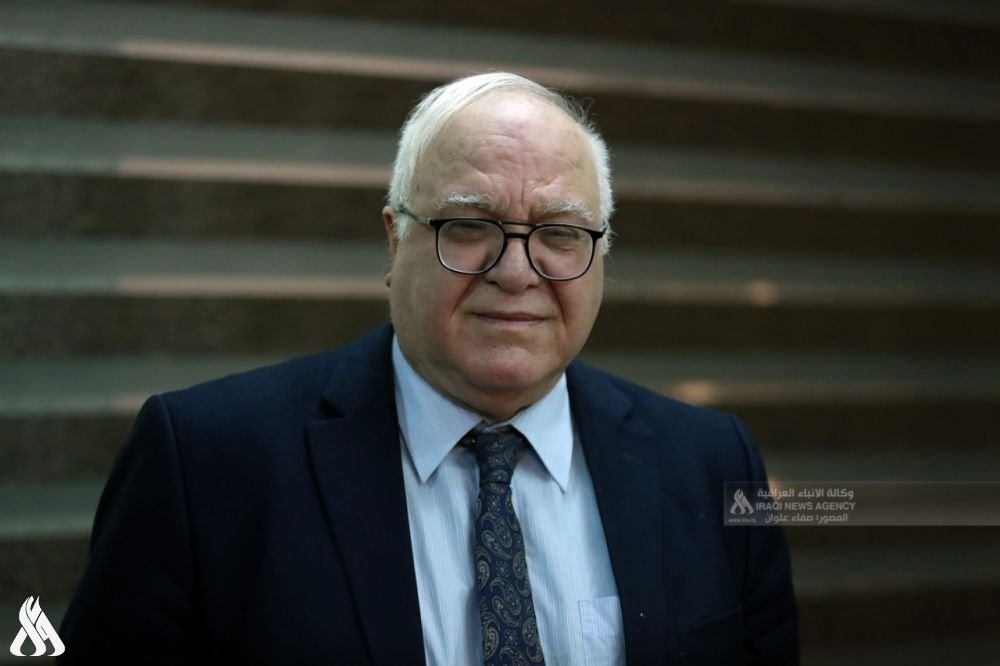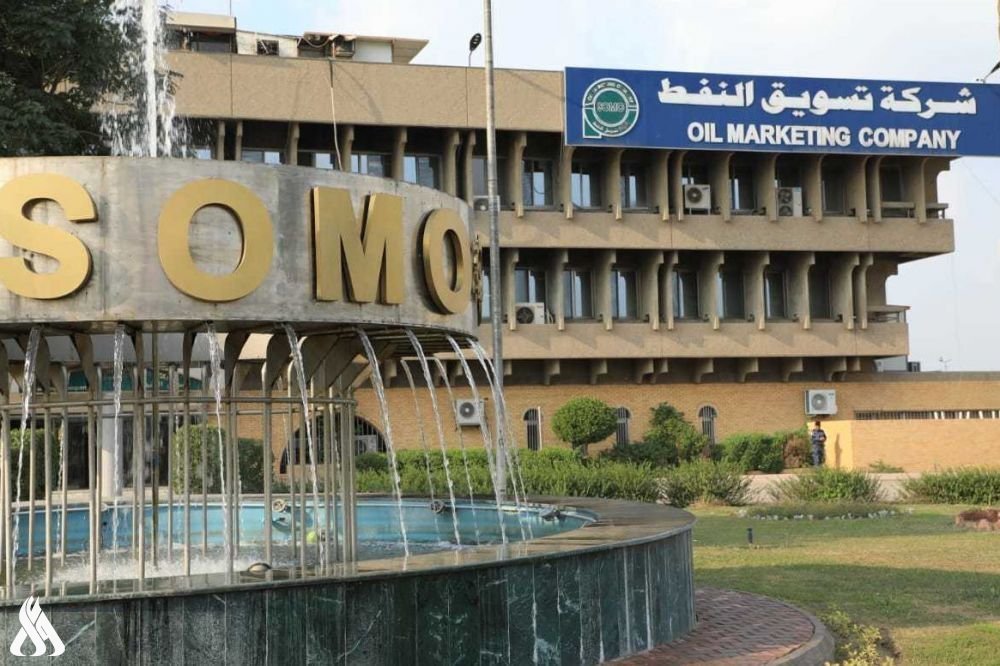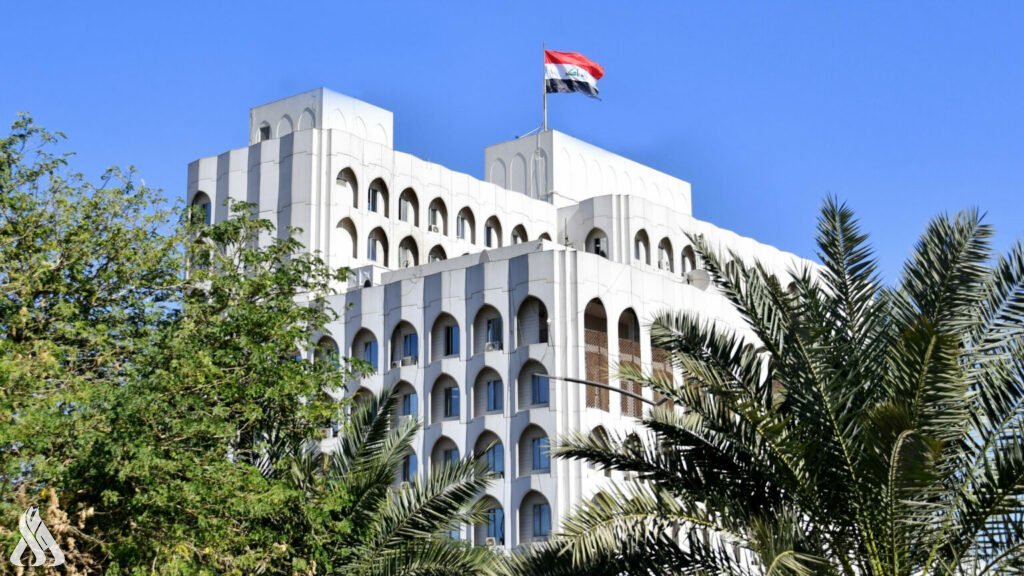Baghdad - INA - Harith al-Abadi
The Japan International Cooperation Agency (JICA) has detaild today, Saturday, its role in Iraq, 2014, While JICA disclosed the most prominent projects and axes of joint cooperation, and revealed the volume of budgets and loans allocated to implement its projects in Iraq, and the most prominent challenges and obstacles facing some projects.
Gen Yoneda, the Chief Representative of the agency, said, during an interview with the Iraqi News Agency (INA) that “JICA’s mission is to work on human security, growth and quality in accordance with the Charter for Development Cooperation, which is what the agency is doing in Iraq as it plays an important role in Japanese official development assistance (ODA). As an implementing agency, and Japan's official development assistance is an important strategic tool for diplomatic relations with Iraq.
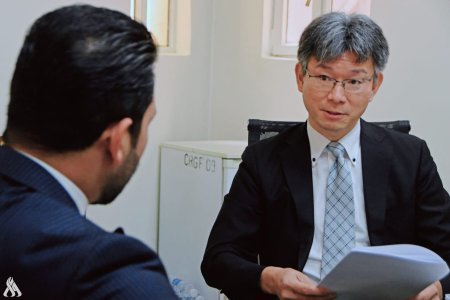
Priority projects
Yoneda added, "It focuses on all priority projects in terms of amounts, as it is implementing the Basra Refinery development project, which has the largest amount allocated by it for its work in the Middle East."
Sovereign Loans
With regard to the process of financing sovereign loans, the agency stated, "It allocated to Iraq budgets represented in two payments, amounting to $866 million, $223 million in 2019, $592 million, and $257 million in 2020, in addition to $601 million in 2021".
Technical cooperation budget
With regard to technical cooperation, the main representative of the agency confirmed that "the budget allocated in Iraq amounted to 672 million Japanese yen in 2019 (equivalent to 5 million and 285,000 dollars), and 222 million Japanese yen (equivalent to one million and 746 thousand dollars) in 2020", Noting that "the announcement of the form for the year 2021 has not been completed."
JICA loans to develop Basra refinery
Regarding the agency's loans to implement the Basra Refinery Development Project, Yoneda indicated that it "provided loans amounting to 1.8 billion dollars out of the expected total cost of 4 billion dollars."
He explained, "The project aims to establish a new plant called Fluid Catalytic Cracking Complex, and convert the remaining oil into high-value oil products, which will make it the first FCC (catalytic cracking complex) ever in Iraq."
He pointed out that "what is meant by the production capacity of the FCC project with a capacity of (55,000) barrels per day, is the refining capacity of the refinery project by converting the excess waste from the refineries' production, represented by black oil, into white and high-value products."
Reconstruction of the liberated areas
The Chief Representative of the Japanese International Cooperation Agency (JICA), stressed that it "does not set conditions for the implementation of projects in Iraq, but rather depends on the priorities of the Iraqi government, as a loan can be financed for one project in one governorate or several projects in a number of governorates."
He added, "JICA can look into some projects in the liberated areas that contribute to gaining people's confidence in the stability and security of life."
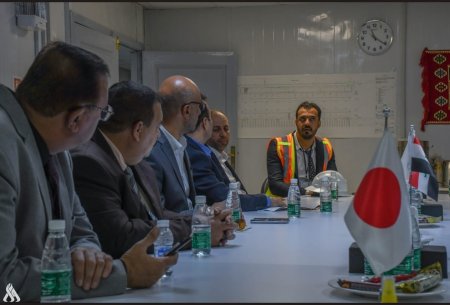
JICA projects in Iraq
Yoneda pointed out, "All the projects implemented in Iraq are important, and some of them are in good progress, and it is expected that all of them will achieve the expected results in raising the performance of Iraq's social and economic development."
He continued, "Many projects funded by the agency are related to objective economic infrastructure, and discussions will be held with the Iraqi government about concrete projects.".
Project success indicators
On the extent of the success of JICA projects, Yoneda said, "It does not currently have numbers or indicators regarding projects, and the subsequent evaluation of only one project has been conducted so far until the completion of more projects. Therefore, it will be possible to obtain specific indicator numbers for each project, and it is also possible Conduct an evaluation to see the impact of cooperation in the future.
Supporting agriculture and irrigation system
The Chief Representative of the agency also stressed that "agricultural development, appropriate water resource management and technology transfer are keys to success in Iraq, especially after water resources have become scarce in addition to the lack of related industries."
He added, "With regard to water resource management, JICA provided a loan for irrigation system development and technical cooperation for water user associations."
He continued, "With regard to agricultural industries and the market, JICA has provided a loan for the rehabilitation of the fertilizer plant, technical cooperation to improve wheat productivity, technology and horticulture, and the roadside market," noting that "a new technical cooperation project for agricultural products will be launched this year."
The Chief Representative of JICA indicated that it "provided a loan for irrigation and technical cooperation for water user associations, and contributed to technical cooperation to develop an efficient irrigation water management model by water user associations through training their management capacity, including a training and monitoring program, guidelines and manuals", noting that " The number of pilot water user associations reached 18.
Dust storms
On the impact of dust storms and climate change, he said, "We do not have evidence of the cause of the increase in dust storms, however, it is important to address climate change issues, which we consider one of the important strategic areas for cooperation."
He continued, "At the same time, we are working to mitigate the changes, and renewable energy can be supported and energy projects can be provided, as well as the possibility of supporting disaster risk management and managing water resources, as is the case in other countries."
Obstacles and challenges
In addition to that, Yoneda stressed, "Project management teams are making a great effort to implement projects, but the obstacles can be the lack of interest from bidders, the unstable security situation in some areas as well as the COVID-19 pandemic that hinders international contractors and consultants from continuing their work."
He added, "In addition to the instability of the geopolitical situation and the internal political situation through decision-making, delays in releasing budgets, and preventing sustainable policy-making."
Iraqi economy
Through its representative, the agency notes that "the economy is facing massive inflation in food prices that causes damage to people's lives, as well as fluctuations in economic growth and the financial sector due to the fluctuation of oil prices and the increase in people's need for job opportunities."
JICA stressed, "Iraq needs to diversify industries instead of relying heavily on oil," noting that "appropriate policies and human resource development work to support this, given the extent of their importance and ability, in addition to the necessity of agricultural development also to achieve food security."
The agency pointed out that "to diversify industries, Iraq needs foreign investments, which are expected to affect technological expansion or innovation to create new industries.”
Stressing , "The stability of the political and security situation and appropriate legislation are necessary to support foreign investment," noting that "qualified human resources and new job opportunities are necessary to create business and open the way for foreign investment, in order to create more areas of work that allow in turn to provide job opportunities." .
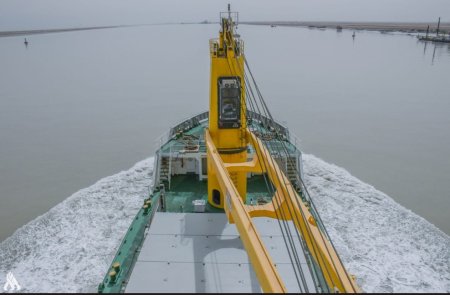
Japan's contributions
The representative of the Japanese agency indicated that "his country committed to financial cooperation worth 5 billion US dollars at the Madrid Conference in 2003, and this was the beginning of cooperation on a large scale in Iraq."
He added, "It has been committed to being taken seriously by the Japanese community, and therefore JICA has continued great works and achievements in Iraq so far."
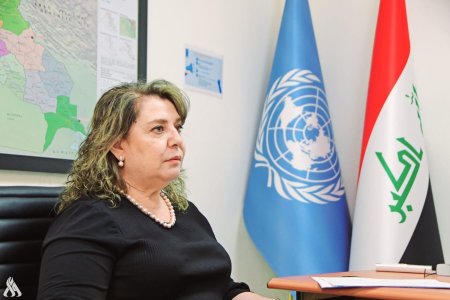
The United Nations Development Program (UNDP) and (JICA)Support in Iraq
Dr. Zina Ali Ahmed, the Head of the United Nations Development Program Mission in Iraq (UNDP), confirms that "in the framework of the partnership between the Japan International Cooperation Agency and the United Nations Development Programme, the United Nations Development Program has more than 10 years of extensive experience as a third party to monitor the disbursement of more than 8 billion dollars US dollars from the projects of the official development assistance loan program funded by the Japanese International Cooperation Agency (JICA), which, so far, has included 30 large projects for infrastructure development with economic and social impact, and includes 90 contracts for signed works being implemented by 12 ministries and entities not associated with a ministry within Federal Government and Kurdistan Regional Government.
She added, "The United Nations Development Program provides support to the Japan International Cooperation Agency, through careful monitoring and monitoring of the projects of the Japanese official development assistance loan program, which are implemented by Iraqi government agencies and funded by the Japan International Cooperation Agency, to ensure that projects are implemented in a responsible, transparent and efficient manner according to the schedule." It is in accordance with the guidelines and procedures of the Japan International Cooperation Agency (JICA) and international business standards.
Dr. Zina continues, "In addition, there is some difficulty in the Japanese International Cooperation Agency's access to the project implementation sites within the limited loan, due to the challenges posed by the Japanese loan program project sites, being spread throughout the country and sometimes due to security measures. UNDP and because of its physical presence on the ground, through its local team since 2009, can be present in all locations.”
Dr. Zina also pointed out that "the United Nations Development Program was able to establish and maintain a wide network of contacts in the concerned parties within the Iraqi government, such as the Advisory Board, the Ministry of Planning, the Ministry of Finance and local governments in addition to the ministries and agencies implementing the Japanese Agency loan projects, where the United Nations Development Program communicates regularly. At all levels with Iraqi government officials, from ministers to site managers and resident engineers in addition to administrative and logistical support staff in 12 ministries and implementing agencies in addition to many oversight entities, this allows UNDP to provide the necessary coordination to access the information required to monitor and facilitate communication The seamless relationship between the Government of Iraq and the Japanese Agency (JICA).
Triple cooperation
On the forms of cooperation, the head of the UNDP mission clarifies that “the program operates as an independent third party to the Japanese International Cooperation Agency and to the Government of Iraq in the context of triangular cooperation by providing support and developing capabilities for monitoring, and the Joint Monitoring Committee has been established as a mechanism to monitor the smooth implementation, as well as developing capabilities to implement Japan's official development assistance loan program, in addition to providing advice on actions to the Government of Iraq, to ensure responsible implementation, transparency and efficiency in project implementation.
She added, "The Joint Monitoring Committee, which includes representatives from the Government of Japan, the Japanese International Cooperation Agency and the Government of Iraq, is supervising the implementation of the activities of the official development assistance loan projects, especially with regard to procurement and financial management of projects, while the United Nations Development Program provides sober monitoring and associated support activities." ".
Dr. Zina added, "In this context, the United Nations Development Program provides a comprehensive picture of official development assistance loan projects, diagnoses obstacles and challenges facing implementation, and makes recommendations to the Monitoring Committee, enabling the oversight bodies and senior management of the Government of Iraq to intervene to resolve these issues in a timely manner. Ministries and project implementing agencies on several occasions reported that the presence of the United Nations Development Program brings confidence that Japanese ODA loan projects in Iraq comply with standards of integrity and accountability.
She continued: "The program also provides training. Since this partnership began in 2009, the United Nations Development Program has provided capacity development training to more than 1,600 government employees and officials on project management, procurement contracts and financial management by focusing on aspects that are diagnosed through activities Monitoring, UNDP capacity development support under the (ODA) loan program has accelerated procurement processes by 40% and financial management processes by 60% after only three years of extensive capacity development and training efforts (from 2010 to 2013), which were preserved through the continued support of the United Nations Development Program.
She continued by saying: "The United Nations Development Program has also established the "Planning, Execution, Audit, Procedure" methodology to raise the capabilities of project management teams and direct oversight bodies, through immediate and continuous assessment of the impact of the outputs of the capacity development program, and this is a strong achievement in view of the nature, complexity, size, and cost of these projects and the critical challenges they face.
Challenges facing the implementation of the Japanese loan program
Ahmed points out that "the Japanese International Cooperation Agency is the party that provides the loan and not the one who implements the official development assistance loan program," stressing that "the implementation of the Japanese official development assistance loan program is entrusted to the government of Iraq."
She stressed, "The implementation of the program faces challenges represented by political instability and the fragility of the security situation in some areas, as well as force majeure conditions such as the Covid-19 pandemic and global market inflation, especially the prices of materials, equipment and transportation, which posed a challenge to completing projects, in addition to issues related to procedures such as Appropriate knowledge of JICA procurement guidelines, insufficient familiarity with international standards of contracts, limited powers granted to ministries or implementing agencies in some cases, mechanism of tax exemption and exemption from customs duties, inability to secure budget, etc.”
"However, thanks to the Monitoring Committee, which is the longest running committee in the history of the Government of Iraq and is currently chaired by the Chairman of the Board of Advisors, the necessary support and coordination is provided to solve problems in a timely manner, and the United Nations Development Program is analyzing cross-cutting issues in the management system that may affect the Implementation of projects funded by international donors and providing advice and recommendations to the Monitoring Committee to modernize management systems and enhance the business environment for projects funded by international donors using lessons learned during implementation and international best practices". She continued.
Supporting the health and electricity sectors
Returning to the Chief representative of JICA, Yoneda confirms to the Iraqi News Agency (INA) that it is "working to accelerate the implementation of projects in the health and electricity sectors to complete them, and to discuss the Iraqi government about new projects based on lessons learned from projects in Iraq and those in other countries."
He pointed out that it "has taken a strong global initiative to address and prevent infectious diseases and promote health, and has implemented loan projects, provided technical cooperation in this field, and sought more opportunities to work with Iraq."
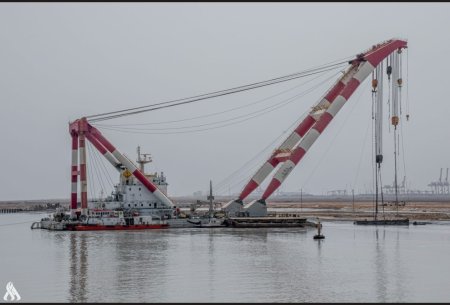
Encouraging Japanese companies to invest in Iraq
Yoneda asserts that it "facilitates communication between the Iraqi government and Japanese companies, and also supports Japanese companies to launch their own business activities in a partner country, since Japanese companies see the investment climate in Iraq through the implementation of the Japanese official development assistance loan project."
He added, "Demonstrating the good performance of each project is important and is represented in governance and integrity, legislation, the level of work ethics and practices, rapid decision-making, and non-discrimination."
Providing support in various fields
The agency's representative indicates that it has "provided training abroad for more than 10,000 officials in Iraqi governments at various levels in various fields so far."
He added, "It would like to provide more opportunities to learn more about Japanese history, from social and economic development and a way of thinking that can be beneficial to Iraq."
